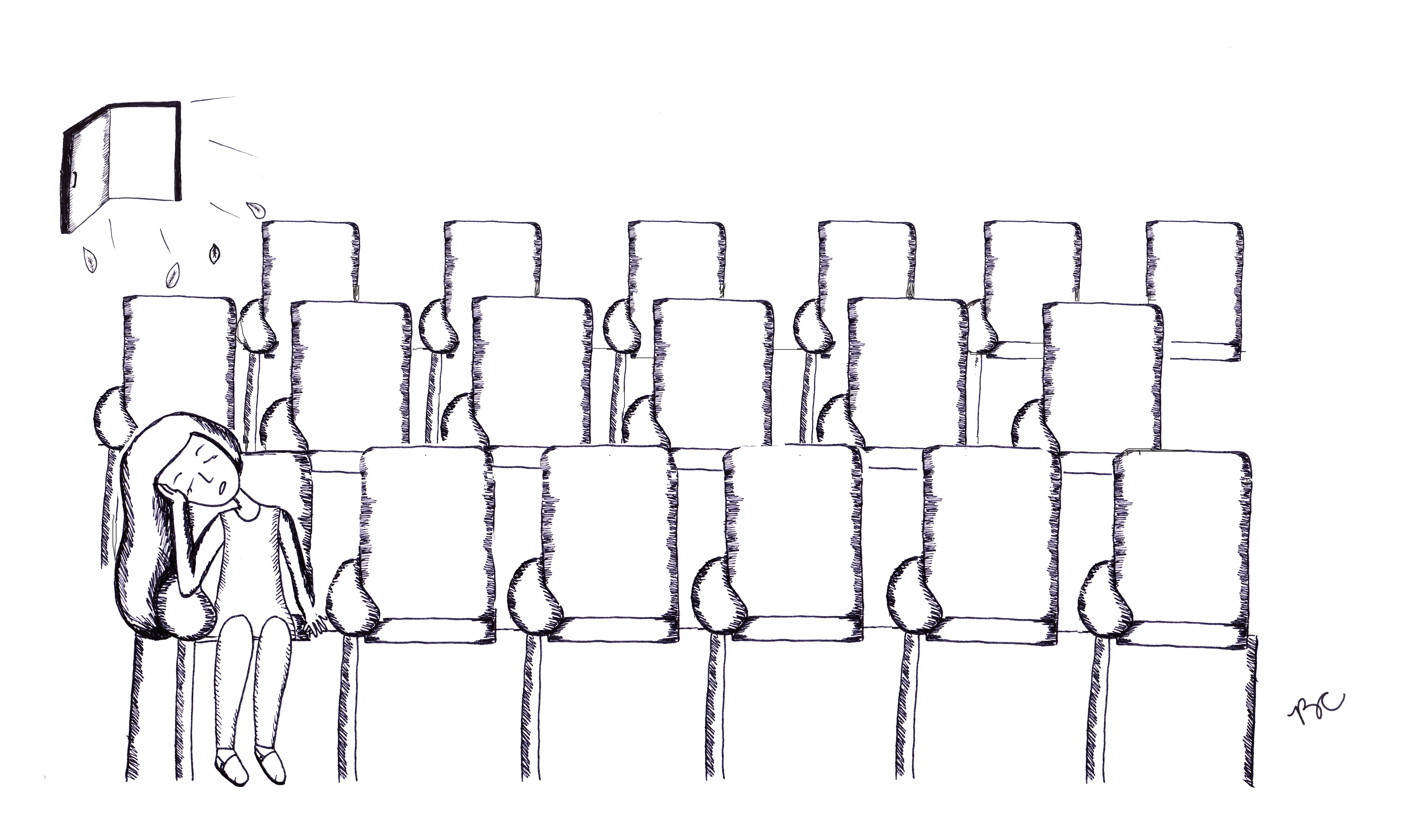
“The distinctive mission of the University is to serve society as a center of higher learning, providing long-term societal benefits through transmitting advanced knowledge, discovering new knowledge, and functioning as an active working repository of organized knowledge,” the mission statement of the University of California proclaims. These three core pillars—extensive commitment to the pursuit of public service, advancement of ground-breaking research and provision of a world-class higher education—distinguish the UC as a beacon above the rest of the world of higher academia. Each UC campus strives to follow these guiding lights that illuminate the path to a better university.
When assistant professor of biochemistry Dr. Schoepf resigned in a less-than-amicable departmental scuffle, it became clear that at UC Riverside, one core light in particular has faded from view: the university’s duty to offer its students the best learning opportunities possible.
Schoepf initially taught Biochemistry 100, an introductory upper-division course required for many natural science majors. But halfway through the quarter, she was dismissed in a controversial manner following an alleged conflict of interest. What followed was a rapid succession of two new professors in as many weeks. The course underwent a massive restructuring that, according to students from the class, distracted from the learning environment, created a sense of uncertainty and put students far behind schedule in a course vital for their degree.
Not only was the dismissal an extremely problematic waste of precious time during a 10-week course, but the disruption occurred twice: once in the transition from Schoepf to Dr. Paul Larsen, and again when Dr. Larsen gave way to newly-promoted associate instructor Ashley Alvarez.
Consider that students need to learn and process all of the material of an entire course in the span of just 10 weeks to create the bridge necessary for the next course. Knowing this, the biochemistry department thought it would be a brilliant idea to substitute Shoepf with a professor who had taken a sabbatical leave and was already preoccupied with his own research. Just in case students did not have enough stress in a challenging science course, they decided to spice things up by parachuting in a totally new professor.
Just two weeks later, Alvarez, up until that point a teaching assistant, was named associate instructor, and now has to adjust to her new position while she cleans up the mess the department has left. Both Larsen and Alvarez are undoubtedly intelligent and knowledgeable of the material; however, that does not make up for the learning challenges the students will have to ultimately overcome. Both have different teaching styles from Schoepf, and students must now adapt themselves to a completely new teaching format with a completely new professor.
According to studies conducted in 2009 and 2011, the two-time substitution was by far the worst move that the university could have chosen, as students have been found to underperform academically when constantly exposed to substitute teachers. Schoepf was already expected to resign before the new academic year began—why not wait until then to begin the restructuring of the course? If UCR had planned to remove Schoepf earlier, why not plan accordingly to dismiss Schoepf at the beginning or end of the quarter? And why not have a single replacement ready?
Students in BCH 100 were also subjected to the emotional turmoil of frustration, confusion and anger that came from Schoepf’s dismissal. The fact that over 500 students went out of their way to sign a petition to reinstate Schoepf reveals the disruption was not just a small mishap. Learning requires a positive environment, but the removal of Schoepf only served to make students unsure of the future of the course.
Every time a new professor tagged in, review sessions of previous material were presented, setting the entire class back. On the positive side, students did receive extra review sessions, even if they did take up time that could have been used to present new material. But these review sessions would not have been necessary in the first place if the department had better organized its dismissal process.
Between learning a new teaching style twice, suffering through redundant review sessions and dealing with extensive uncertainty, students have faced the brunt of the fallout from the Schoepf dismissal. What’s more, students were forced to shoulder these stresses halfway through the quarter—just in time for the beginning of midterm season. Students do not need additional worries on top of already-pressing academic struggles. But this is exactly what the biochemistry department did when Schoepf was forced to resign during the fourth week of spring quarter.
The department may argue that the removal of Schoepf was in fact necessary to improve students’ academic experience, but if so, they could have made the transition smoother for students by limiting the number of review sessions and transitions from professor to professor.
The first priority the biochemistry department should have considered was the learning situation of the students. But instead they toppled the UC’s core priority of educating students by forgetting the students. By replacing Schoepf with a professor on sabbatical leave and ultimately leaving the class to a newly-promoted associate instructor, students have suffered the ramifications of the department’s disregard for student learning. Hopefully mercy will be provided to students through a generous curve and grant them a waiver from the disrupted teaching of introductory biochemistry curriculum.
But a grading curve will not hide the fact that due to the biochemistry’s mismanagement of the transition period, students will come out of the class without knowing as much as they could have. In the debate over whether Schoepf should stay or go, the voices of the ones impacted most by a decision—the students—were lost.
It’s too late at this point to change the decision. But the ramifications will certainly live on. And next time, the biochemistry department should look for enlightenment in the UC’s mission statement that sets student learning so high on its agenda.








